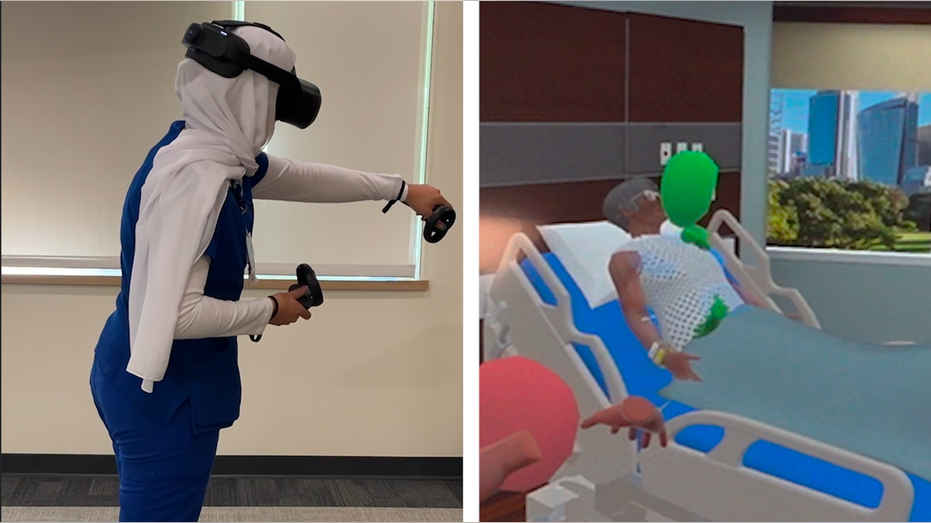Washington [US], July 11 (ANI): According to a Michigan Medicine study, patients with two pediatric-onset neurodevelopmental diseases are substantially more frequently prescribed opioids at higher rate than people without these conditions. This finding raises worries about addiction, overdose, and mental health problems.
Researchers analyzed prescriptions of opioids from private insurance claims of over 22,000 patients with cerebral palsy or spina bifida, and more than 930,000 patients without the conditions.
They found that oral morphine equivalents, derived from medications such as oxycodone, codeine and morphine, were prescribed to patients with cerebral palsy and spina bifida at a rate up to five times higher than patients who do not have those conditions. The higher prescription patterns spanned across people with no pain, isolated and chronic pain, according to results published in Heliyon.
“Our findings are of great concern, given the known links between persistent opioid use and psychiatric conditions, as well as with overdose mortality,” said Mark Peterson, Ph.D., M.S., lead author of the paper and an associate professor of physical medicine and rehabilitation at University of Michigan Medical School.
Chronic pain is the most commonly reported symptom among patients with cerebral palsy, a neurological condition caused by abnormalities in the brain, and spina bifida, a neural tube defect that can damage the spinal cord and nerves. Pain in these individuals may arise from several issues, including muscle spasticity, arthritis and invasive surgical procedures.
Previous studies found that more than 40% of all Medicaid beneficiaries with a disability took opioid pain relievers, with more than 20% reporting chronic opioid use. The research team raises concerns over whether long-term opioid use is appropriate for the treatment of non-cancer-related chronic pain.
Future studies must examine the effectiveness of non-opioid pain medications and alternative pain management strategies for adults living with cerebral palsy and spina bifida, says co-author Edward Hurvitz, M.D., chair of the U-M Health Department of Physical Medicine and Rehabilitation and a professor at U-M Medical School.
“Improving clinical pain screening strategies and developing efficient referral resources for appropriate pain management may help reduce the burden of opioid addiction and overdose in these populations by matching treatments to underlying pain mechanisms,” Hurvitz said. (ANI)






